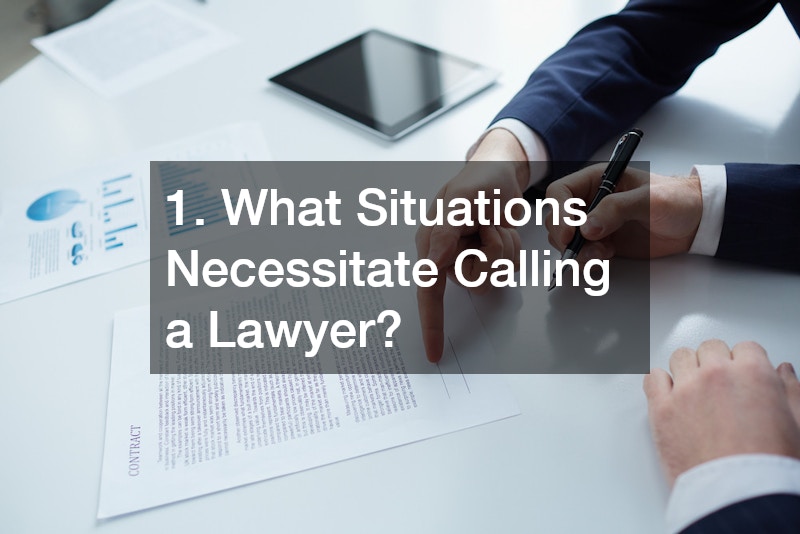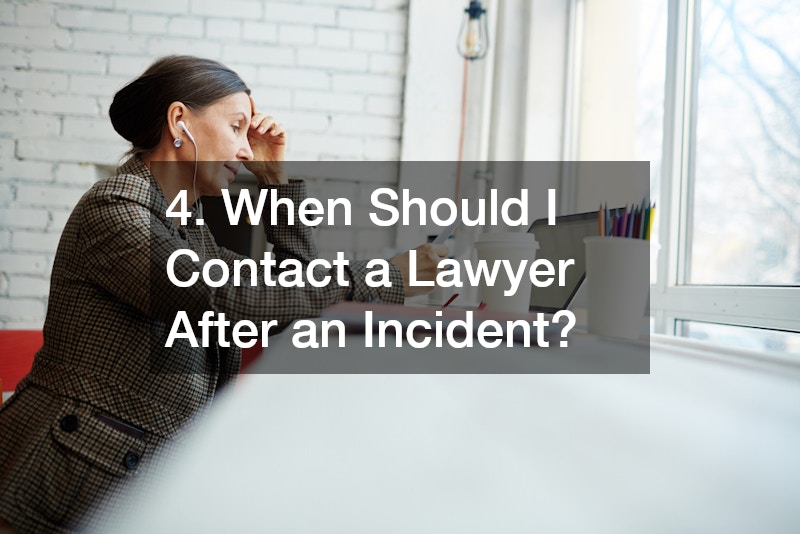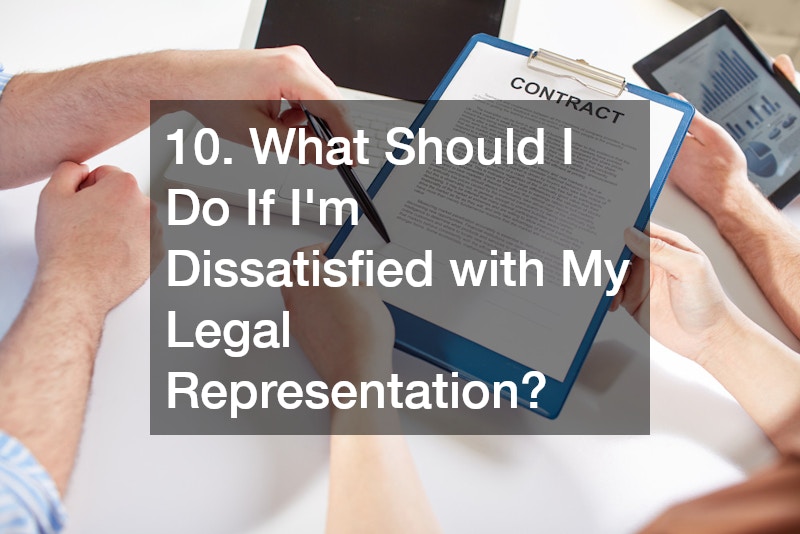In today’s complex legal landscape, understanding how to call a lawyer effectively is crucial for navigating various legal challenges you might encounter. Whether it’s dealing with a real estate issue, workplace injury, or a criminal charge, knowing when and how to call a lawyer can make a significant difference in the outcome of your situation. Timely legal advice not only helps in averting potential pitfalls but also ensures that your rights are well-protected. Throughout this article, we will explore the diverse scenarios that necessitate legal assistance, providing you with a comprehensive guide on how to call a lawyer strategically when you find yourself in need of professional legal counsel.
1. What Situations Necessitate Calling a Lawyer?

Understanding the situations that require calling a foreclosure attorney can help you act swiftly and effectively. Legal emergencies, such as receiving foreclosure notices or having disputes over property lines, are scenarios where knowing how to call a lawyer promptly can prevent further complications. Indeed, missteps in circumstances requiring expert advice could lead to more daunting consequences if not handled properly.
When assessing the need for legal representation, one must consider the urgency. Immediate representation may be necessary if your home faces foreclosure, where a foreclosure attorney’s guidance could spell the difference between keeping or losing your property. Acting quickly is crucial in these cases to ensure that your legal rights and assets are protected appropriately.
Moreover, recognizing common legal emergencies forms an integral component of knowing how to call a lawyer. Emergencies like being arrested or threatened with litigation necessitate immediate legal counsel. Whether you need a foreclosure attorney or a bankruptcy lawyer, promptly identifying the situation’s urgency can be pivotal in setting the path to resolution.
2. How Do I Choose the Right Lawyer for My Needs?
To choose a workplace injury lawyer or any other legal professional adequately, one must evaluate their specialization and expertise. Lawyers often focus on specific areas of law, such as personal injury, real estate law, or criminal defense, each requiring different skills and knowledge bases. Knowing how to call a lawyer regarding a workplace injury involves identifying someone experienced in navigating the nuances of that particular legal field.
Evaluating a lawyer’s experience and track record is paramount in selecting the right attorney for your needs. Consider how long they have been practicing, their clientele, and the outcomes of previous cases similar to yours. This due diligence ensures that the lawyer you choose has a successful history in representing clients in similar situations.
Conducting initial consultations can further inform your selection process. During these meetings, assess the lawyer’s communication style, as clear and open communication makes a significant difference in handling your case. By learning how to call a lawyer and ask the right questions, you’ll ensure that your legal representation aligns with your expectations and goals.
3. What Are the Costs Involved in Hiring a Lawyer?
Understanding the fee structures involved in working with a bankruptcy lawyer or any legal expert is crucial for financial planning. Legal fees can vary widely depending on the type of case, the lawyer’s experience, and geographical location. Knowing how to call a lawyer and discuss fees openly prevents unexpected financial strain later in your legal process.
Various lawyers, including disability law offices, may offer contingency fees as part of their pricing options. This means they only get paid if you win the case, usually taking a percentage of the settlement. Understanding these options can make legal representation more accessible and less risky for those worried about upfront payments.
Discussing payment plans and alternatives is another critical aspect to consider. Some lawyers are willing to negotiate payment options to accommodate clients with varying financial situations. By learning how to call a lawyer and negotiate these terms, you ensure that legal support fits within your financial constraints.
4. When Should I Contact a Lawyer After an Incident?

If faced with a criminal matter, engaging a criminal lawyer immediately is essential. Often, the initial moments following an incident are crucial for preserving evidence and protecting your rights. Whether it’s a DUI charge or another criminal concern, knowing how to call a lawyer swiftly is vital to shaping a favorable conclusion.
It’s equally important to understand the statutes of limitations, which vary by case type and location. These laws dictate the timeframe within which you must initiate legal action. Familiarizing yourself with these limitations is an essential part of knowing when and how to call a lawyer to avoid forfeiting your legal rights.
Gathering necessary documentation promptly after an incident will enhance the efficacy of your legal counsel. Prepare all relevant records and evidence that might support your case, like police reports, medical documents, or witness contacts. With these essential materials in hand, you’ll be better prepared when understanding how to call a lawyer effectively.
5. How Can I Effectively Communicate with My Lawyer?
Effective communication with your lawyer begins with thorough preparation for meetings. Arriving prepared not only respects your lawyer’s time but also ensures that you can focus discussions on the most pertinent issues. Part of understanding how to call a lawyer includes knowing which questions to ask and what information to provide.
Grasping basic legal terminology can mitigate misunderstandings and aid in more productive discussions. Familiarizing yourself with common legal terms and phrases used in your case equips you to engage more confidently and meaningfully with your lawyer. This knowledge is foundational to maintaining an effective client-attorney relationship.
Maintaining organized communication is another key component. Keeping all correspondence well-organized, including emails, phone calls, and meeting notes, helps track the progress of your case efficiently. This habit greatly complements your understanding of how to call a lawyer and maintain a structured dialogue throughout your legal journey.
6. What Information Should I Provide to My Lawyer?
Providing a detailed account of your situation allows your estate planning law firm to assess your legal needs accurately. Describe the events leading up to the incident as thoroughly as possible, including dates, times, and involved parties. The depth of detail shared during your initial consultation plays a vital role in shaping your case strategy.
Handing over relevant legal documents is equally crucial. Contracts, court notices, or any other official documents related to your case must be disclosed to your legal team. Understanding how to call a lawyer involves knowing what paperwork is essential for building your legal foundation effectively.
Personal and financial information is often necessary to tailor legal strategies appropriately. Details such as assets and liabilities may impact advice from your estate planning law firm on protecting your future and fulfilling your financial goals. Accurately compiling this data ensures that your lawyer can advise you comprehensively.
7. How Do Confidentiality and Attorney-Client Privilege Work?

Understanding confidentiality in legal counsel is fundamental to a trusting lawyer-client relationship. The attorney-client privilege protects your communications with your local car accident lawyer, ensuring that what you discuss remains confidential. This privilege encourages open dialogue, enabling your lawyer to craft an informed legal strategy effectively.
Building trust with your lawyer through transparent communication aids in developing an effective legal approach. Trust helps eliminate barriers to honesty, which is crucial for disclosing details that might affect your case. Developing a rapport with your attorney is part of understanding how to call a lawyer who aligns with your comfort and trust levels.
Protecting sensitive information shared with your lawyer requires awareness of privacy and security protocols. Ensure that digital communications and paperwork are handled securely to prevent unauthorized access. Establishing clear practices with your attorney about managing this data fosters peace of mind as your case proceeds.
8. What If I Cannot Afford a Lawyer?
If you’re unable to afford a probate attorney, exploring pro bono services can provide an alternative. Many lawyers offer free or reduced-cost services to clients who meet certain financial criteria. Knowing how to call a lawyer for pro bono help can open doors to necessary legal representation previously thought inaccessible.
Legal aid and public defender options are valuable resources for those facing financial difficulties. These services ensure that individuals are not without legal support due to monetary constraints. By familiarizing yourself with potential legal aid avenues, you’re better equipped to secure a lawyer’s assistance regardless of your financial standing.
Self-representation is another consideration for those who cannot afford traditional legal services. While not always ideal, representing yourself may be viable in simpler legal matters. Before proceeding, however, weigh the pros and cons carefully as understanding how to call a lawyer could still prove beneficial for obtaining specific advice.
9. How Can I Evaluate the Progress of My Case?
Regular updates from your workplace injury lawyer or any legal counsel are critical for tracking case progression. Ensure that you and your lawyer establish a schedule for updates and check-in meetings. This might include weekly phone calls, monthly written summaries, or status meetings before key court dates. Transparency in this process provides clarity on how your case is unfolding, enabling you to remain informed and proactive. When communication is consistent, you avoid the frustration of uncertainty and can make better decisions about your next steps.
Understanding legal procedures and timelines also helps set realistic expectations for your case outcome. Take the time to familiarize yourself with common legal steps, such as filing motions, discovery, negotiations, or potential court appearances. Recognizing where delays may occur—whether due to court scheduling or evidence gathering—helps you prepare mentally and practically. This knowledge maximizes your preparedness and promotes a smoother journey through the legal process as you continue to engage with how to call a lawyer effectively.
Reviewing your case strategy regularly with your green card attorney helps identify any necessary adjustments. For example, new evidence, witness availability, or changes in personal circumstances could affect how your case is handled. Discuss any concerns or unanticipated developments candidly to ensure alignment on the approach moving forward. By actively participating, you strengthen the attorney-client relationship and gain a deeper understanding of how legal strategies directly impact your case’s progress. This involvement empowers you to stay engaged, confident, and in control of your legal journey.
10. What Should I Do If I’m Dissatisfied with My Legal Representation?

If you find yourself dissatisfied with your DUI attorney, start by clarifying expectations and ensuring that they are responsive to your needs. Take time to clearly outline your priorities, whether it’s regular updates, detailed explanations, or timely responses to your concerns. Address any miscommunication or unmet expectations directly with your attorney, as many issues can often be resolved through open discussion. Constructive dialog could illuminate underlying issues, such as workload conflicts or differing legal strategies, and guide you to a resolution before considering alternatives. Sometimes, attorneys simply need feedback to better understand how to support their clients.
Seeking a second opinion from another qualified lawyer may bring fresh perspectives on your case. Another legal expert can evaluate the performance of your current representation and suggest improvements. This step could affirm your strategy, highlight overlooked opportunities, or prompt you to rethink how to secure a lawyer who better meets your situation’s requirements. Additionally, speaking with another professional can help you feel more confident and informed about your legal options.
As a last resort, follow established protocols for changing legal counsel if problems persist. Research the process for termination, which may involve notifying both the court and your current attorney, and engage a new lawyer who aligns with your expectations. Being informed about these procedures ensures a seamless transition to effective and satisfying legal representation while protecting your case from unnecessary delays or setbacks.
Conclusion
Understanding how to call a lawyer is essential for managing legal situations effectively and promptly. Knowing when and how to engage legal aid ensures that your rights are protected and that you receive the guidance necessary for achieving the best possible outcomes. Whether dealing with a foreclosure attorney, bankruptcy lawyer, or any other legal expert, timely intervention and informed decision-making are keys to navigating the intricacies of legal systems with confidence.


